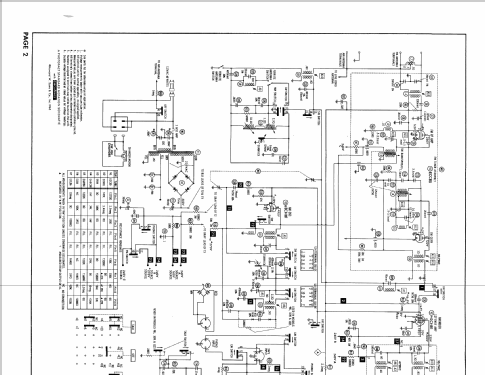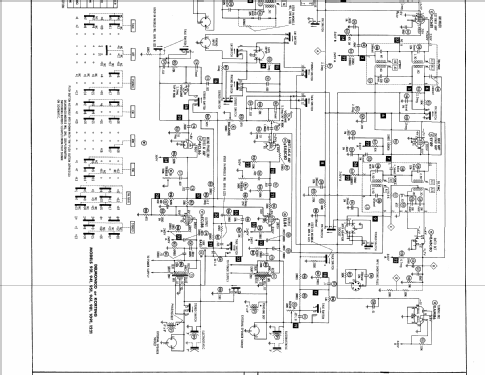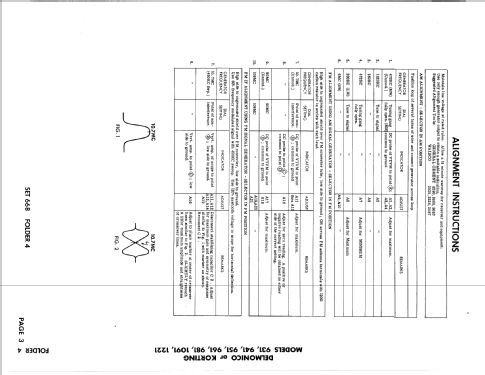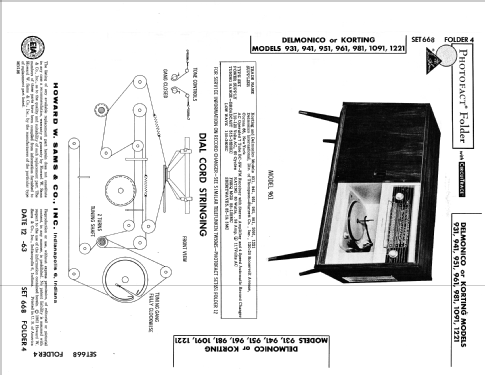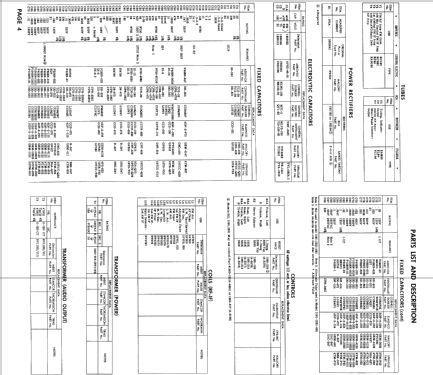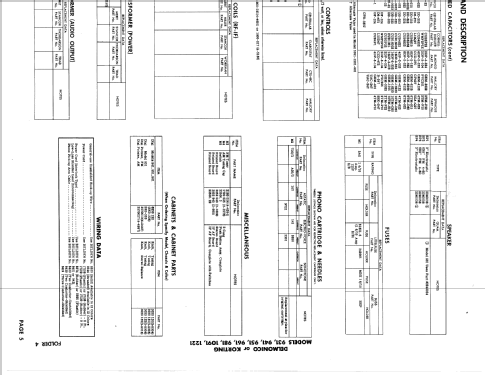Körting-Delmonico 951 Ch= 24611
Körting-Radio; Leipzig, später Grassau
- Country
- Germany
- Manufacturer / Brand
- Körting-Radio; Leipzig, später Grassau
- Year
- 1963 ?

- Category
- Broadcast Receiver - or past WW2 Tuner
- Radiomuseum.org ID
- 221867
-
- alternative name: Dietz & Ritter GmbH, Dr.
Click on the schematic thumbnail to request the schematic as a free document.
- Number of Tubes
- 7
- Main principle
- Superheterodyne (common); ZF/IF 472 kHz; 2 AF stage(s)
- Wave bands
- Broadcast, Long Wave, Short Wave plus FM or UHF.
- Details
- Changer (Record changer)
- Power type and voltage
- Alternating Current supply (AC) / 60 Watt, 60 cycles, 117 volt for 110 - 120 Volt
- Material
- Wooden case
- from Radiomuseum.org
- Model: Körting-Delmonico 951 Ch= 24611 - Körting-Radio; Leipzig, später
- Shape
- Console, Lowboy (legs < 50 %).
- Notes
- Delmonico International, a division of Thompson-Starrett Co., Inc., in 120-20 Roosevelt Avenue, Corona 66, New York imported at least chassis, perhaps the full radio from different companies. One was Körting-Radio in Germany. SAMS Photofact set 668, folder 4 from December 1963 shows for the same chassis/schematic the following Körting-Delmonico models: 931, 941, 951, 961, 981, 1091 and 1221. The models or the owner manual may also show a suffix - like 931A etc. The chassis are the German domestic Excello Stereo Chassis 24611 for music console 23661 - but at least the transformer (110-120 volts) and scale were changed for export. They receive "Low Wave" 150 to 360 kHz, Broadcast 515 to 1620 kHz, Short Waves 8.5 to 19.3 MHz and FM 88 - 108 MHz. They all have a record changer for 4 speeds and a stereo amplifier.
- Literature/Schematics (1)
- Photofact Folder, Howard W. SAMS (Set 668, Folder 4 from December 1963)
- Author
- Model page created by Ernst Erb. See "Data change" for further contributors.
- Other Models
-
Here you find 815 models, 667 with images and 471 with schematics for wireless sets etc. In French: TSF for Télégraphie sans fil.
All listed radios etc. from Körting-Radio; Leipzig, später Grassau
